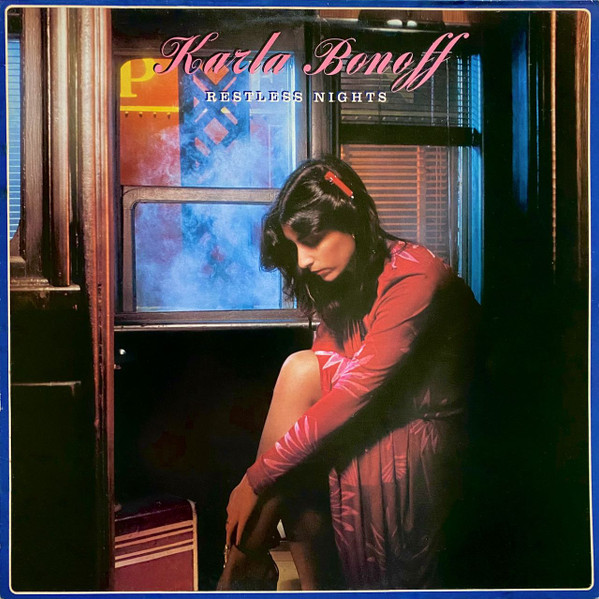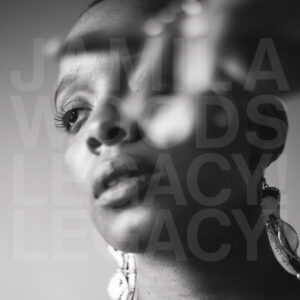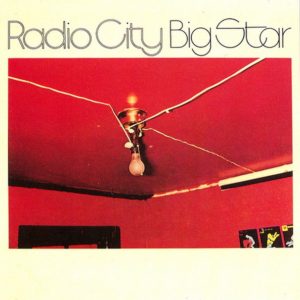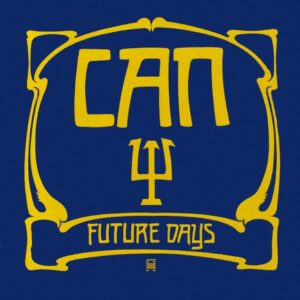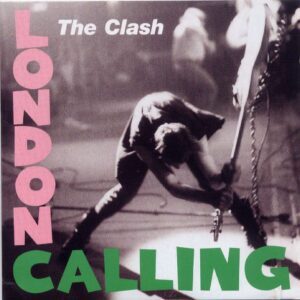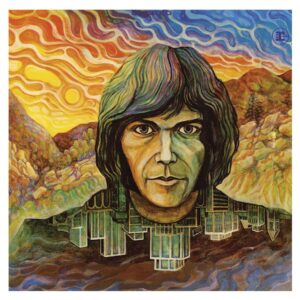
Karla Bonoff was born in Santa Monica, California. She played at The Troubadour, alongside future stars like Jackson Browne and the Eagles. Her career, however, is most closely entwined with Linda Ronstadt’s. She formed Bryndle with other singer-songwriters on the fringes, Andrew Gold, Wendy Waldman, and Kenny Edwards. Edwards had previously played in Stone Poneys with Linda Ronstadt.
Introduction
Bonoff was relatively late to begin a recording career, releasing her debut album in 1977. Ronstadt paved the way by recording three of Bonoff’s songs on 1976’s Hasten Down the Wind. The four albums Bonoff made in the 1970s and 1980s sold respectably, but she’s still best known as a songwriter.
It’s slightly surprising that Bonoff didn’t break through to more mainstream success. Her cover of ‘Personally’ sneaked into the Billboard Top 20 in 1982. She’s not as powerful a singer as Linda Ronstadt, but her voice is pretty and elegant, not unlike Christine McVie in Fleetwood Mac.
Karla Bonoff Album Reviews
Karla Bonoff
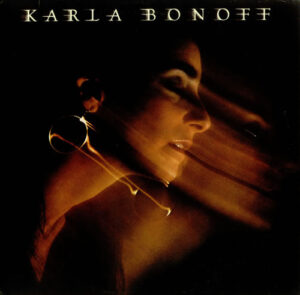
1977, 8/10
Bonoff’s recording career started much later than most of her contemporaries. By 1977, the smooth pop/rock of Fleetwood Mac was influential. Gentle folk-rock like ‘Falling Star’ and ‘If He’s Ever Near’ share space with more upbeat arrangements like ‘Isn’t It Always Love’ and ‘I Can’t Hold On’. She’s accompanied by her Bryndle bandmates, LA session pros like Russ Kunkel and Leland Sklar, and former Bread drummer Mike Botts.
It’s a tough call as to whether her debut or her sophomore record is better. Karla Bonoff is more consistent, but Restless Night has higher peaks. Bonoff already had a substantial stockpile of songs for her debut. ‘Lose Again’, ‘If He’s Ever Near’, and ‘Someone to Lay Down Beside Me’ had already been recorded by Linda Ronstadt the previous year, while Bonnie Raitt would soon cover ‘Home’.
The catchiest song is ‘Isn’t It Always Love’. It’s driven by a slinky electric piano and an infectious chorus. Bonoff’s a strong musician, accompanying herself on piano on ‘Someone to Lay Down Beside Me’, with Waddy Wachtel delivering stinging guitar solos. ‘Falling Star’ is a highlight from the mellower second side.
Karla Bonoff is a strong debut that deserves more attention.
Restless Nights

1979, 8/10
The cliché of a lifetime to write your debut and a year to write your second album rings true for Karla Bonoff. On her second album, the songs are generally weaker, and there are a couple of covers to pad out the playlist. Yet it’s almost as enjoyable as her debut – it’s more energetic and confident.
Again, she’s got an all-star list of guests in support. The cover of the folk standard ‘The Water is Wide’ is gorgeous, with Garth Hudson on accordion and James Taylor on guitar and backing vocals. Don Henley sings harmony on the excellent title track, while Danny Kortchmar plays the spooky guitar leads. Jackie DeShannon, who wrote ‘When You Walk in the Room’ and recorded it before The Searchers, sings backing vocals on Bonoff’s cover.
The opener ‘Trouble Again’ is a bluesy rocker, another Bonoff song that Ronstadt recorded. Bonoff is mainly on guitar on this record, only playing piano on the accomplished pop-rocker ‘Loving You’.
Restless Nights is a small step down from Bonoff’s debut, but it’s another overlooked disc.
Wild Heart of the Young

1982, 5.5/10
Bonoff’s third album featured her biggest hit. She took an uncharacteristically confident cover of ‘Personally’, written by Paul Kelly (not the Australian singer-songwriter) to #19. She’s assisted by both chief Eagles. Don Henley is on backing vocals, along with Timothy B. Schmitt. Glenn Frey, a collector of obscure R&B, dug up the previously unreleased song, originally recorded in 1973.
It’s a shame that her biggest hit spearheads her weakest set of songs. She’s generic in a way that she wasn’t before – her songs aren’t as characterful as previously. Frey was scheduled to produce, but Bonoff instead worked with Kenny Edwards for a third consecutive record. Despite the change in decades, it sounds similar to her previous two records, with the same supporting cast of Troubadour buddies.
Aside from ‘Personally’, it’s worth spinning the title track. It’s maybe a little long and slow, but it’s pretty, with J.D. Souther and Edwards on harmonies. Like much of the record, ‘I Don’t Want To Miss You’ is generic, but there’s a big catchy chorus and it could have been a hit for someone.
Wild Heart of the Young is disappointing, an uninspiring collection of songs from a usually reliable writer.
New World

1988, 7/10
After three albums on Columbia, produced by Kenny Edwards, Bonoff broke the formula on her fourth. She’s on a new label, Gold Castle, a short-lived company that signed folk veterans like Joan Baez, Don McLean, and Peter, Paul and Mary. And she’s produced by American guitarist Mark Goldenberg.
New World is mired deep in late 1980s adult-contemporary trends. It’s all polite synths and restrained drum machines, and it hasn’t aged well. But Bonoff’s songwriting is much better than on her previous record.
As with Bonoff’s debut, Linda Ronstadt enjoyed success with these songs. ‘All My Life’ would become a #11 hit the next year for Ronstadt and Aaron Neville. Additionally, ‘Goodbye My Friend’ would close Ronstandt’s triple platinum album Cry Like a Rainstorm, Howl Like the Wind. Wynonna Judd topped the Billboard country charts in 1993 with the album Tell Me Why, spearheaded by the Bonoff song of the same name.
Sometimes, New World is so mellow and smooth that it’s close to CCM – an impression abetted by ‘Oh Mary’. Bonoff didn’t write the opener ‘How Long’, but it’s one of the stronger tracks.
New World is a little limp musically, but it has enough strong songs to make it worthwhile.
Carry Me Home

2018, 6.5/10
Bonoff hasn’t made another album of originals since New World in 1988. She released two albums with her reunited 1970s band Bryndle in 1995 and 2002. Meanwhile, Carry Me Home is a collection of stripped-back songs from her back catalogue. There are a couple of new songs and a cover of Jackson Browne’s ‘Something Fine’. But most of these songs come from her 1970s and 1980s solo catalogue.
Carry Me Home is a nice addition to her catalogue but not essential. Her first three albums still sound fine, and these new versions are less dynamic. The exception is ‘Wild Heart of the Young’, where the acoustic version brings out the beauty. 1988’s New World was the record that needed updating the most, despite being the most recent, and these versions are often more dignified.
Carry Me Home is pleasant but largely inessential.
Silent Night

2020, 7/10
I don’t know what I’ve done to deserve reviewing a Christmas album in mid-March. But Bonoff’s festive record is classy and restrained. Bonoff’s vocals work well, supple yet weathered.
It’s a classy selection of songs, mainly traditional carols like ‘O Come O Come Emmanuel’, ‘Coventry Carol’, and ‘The First Noel’. Joni Mitchell‘s ‘River’ also feels like a timeless choice at this stage.
I only need Silent Night in December, but there are worse Christmas albums.
10 Best Karla Bonoff Songs
Restless Nights
Isn’t It Always Love
The Water Is Wide
All My Life
Personally
Falling Star
Someone To Lay Down Beside Me
Home
Tell Me Why
Wild Heart of the Young
Read about the discographies of musical acts from the 1960s to the present day. Browse this site's review archives or enjoy these random selections:
I add new blog posts to this website every week. Browse the archives or enjoy these random selections:
Subscribe
Subscribe to receive new posts from Aphoristic Album Reviews.
